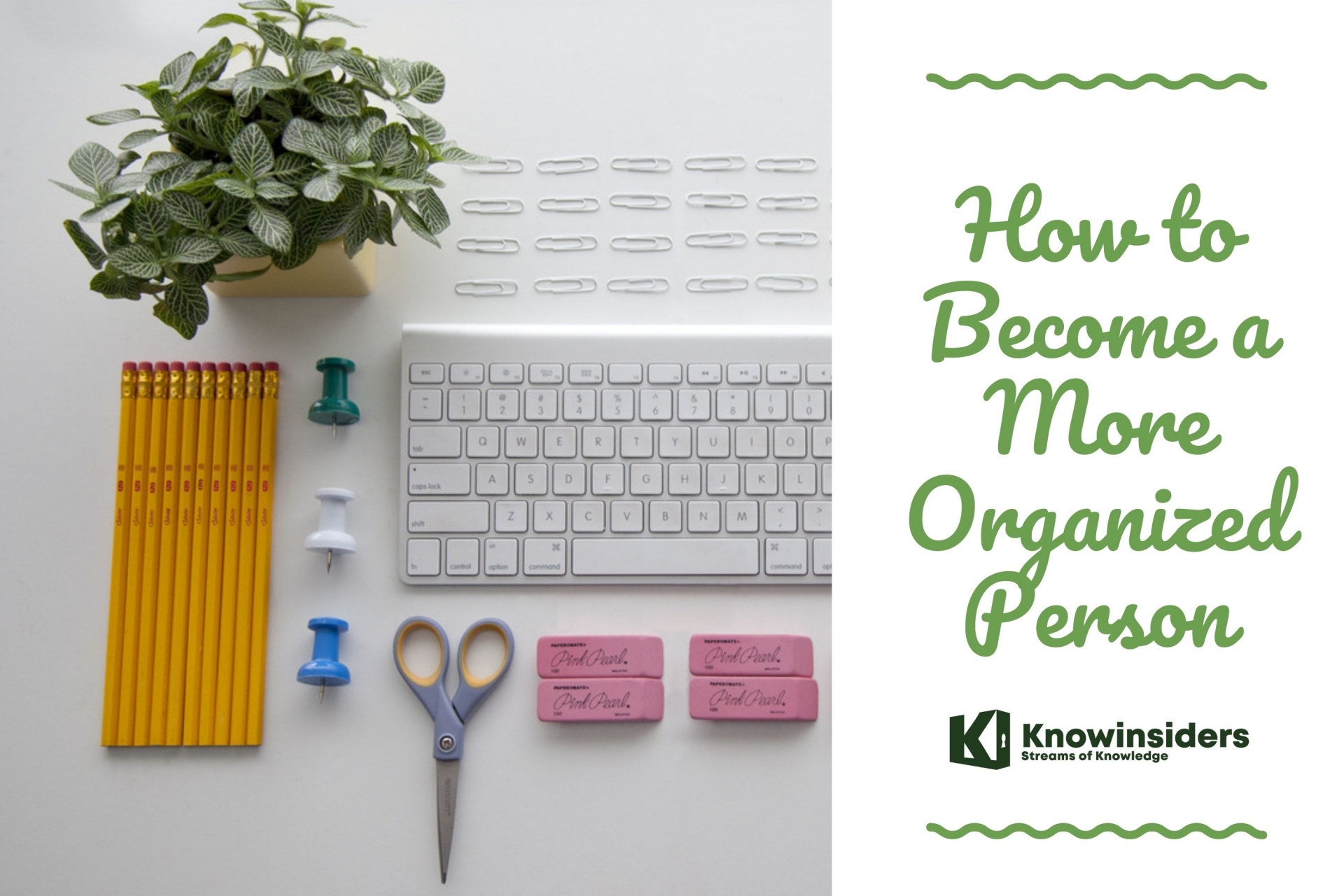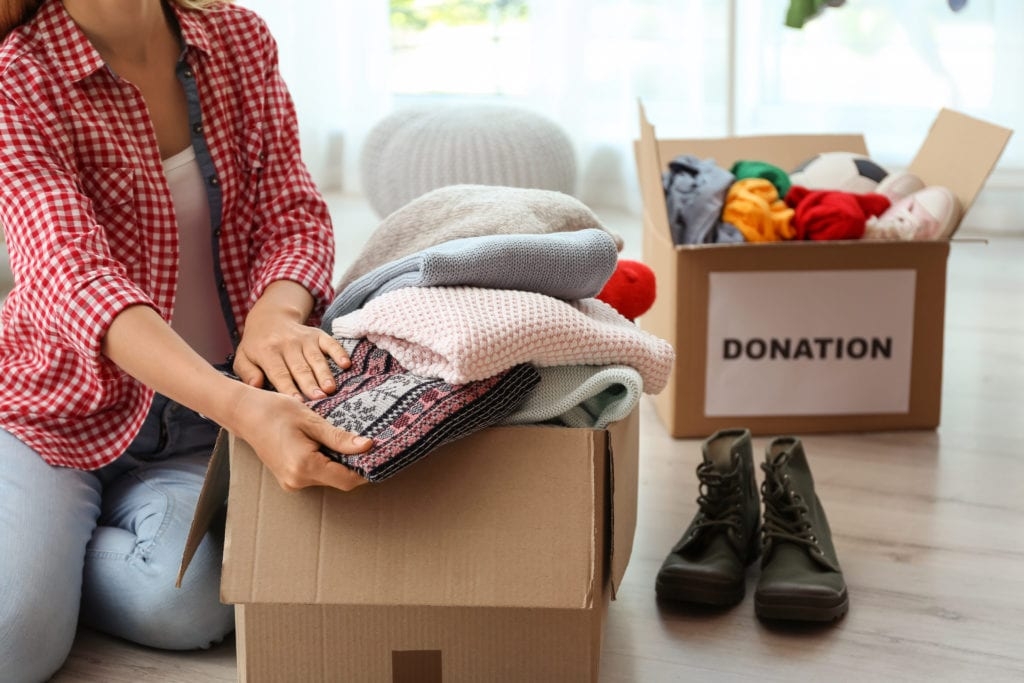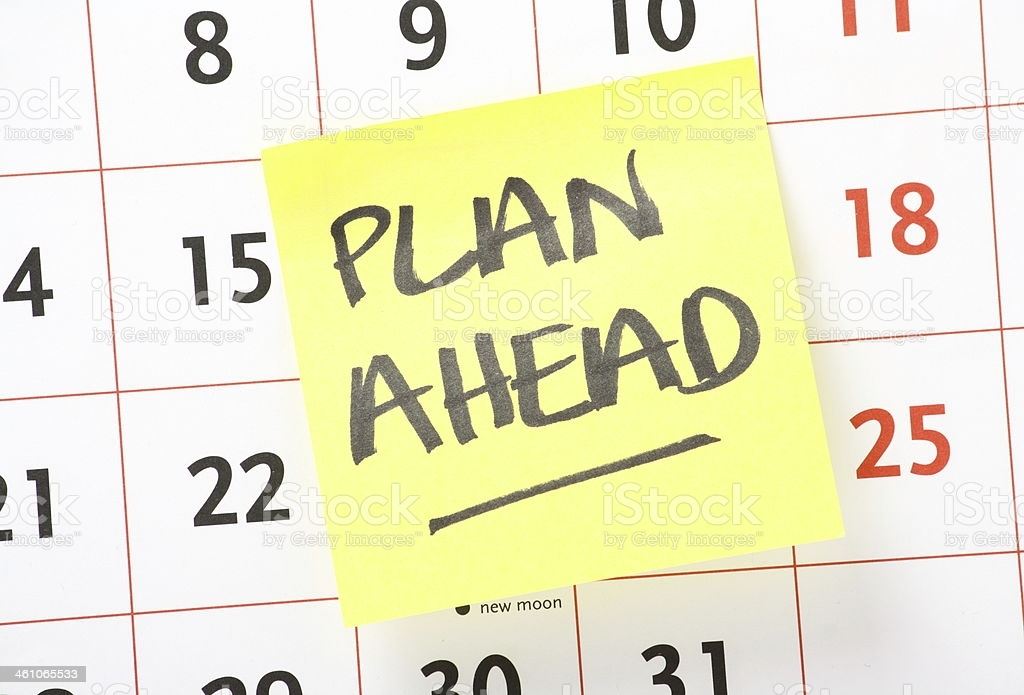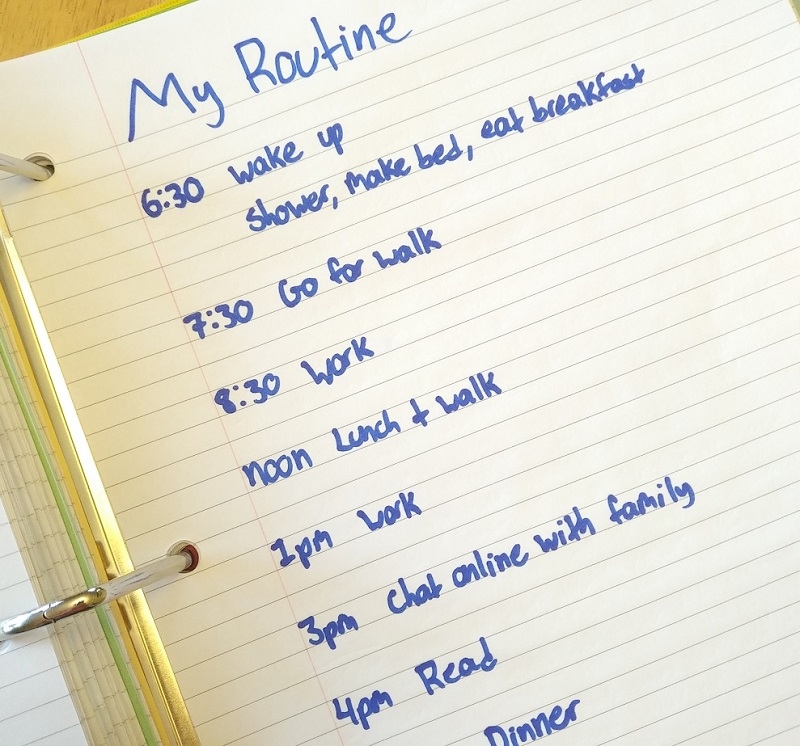10+ Tips to Become A More Organized Person In Life
 |
| Organized person. Photo. KnowInsiders |
It's easy to think about getting organized, but sometimes it's hard to actually be organized. But if you think you are a very disorganized person, you can learn to be organized.
From planning things, jotting things down, to ditching the unnecessary and organizing things that matter, you will become an organized person as long as you’re willing to learn and practice.
1. Write Things Down
We all know someone that remembers every birthday and sends cards for every holiday. It’s not magic and they don’t use memorization. Trying to remember things will not help you to stay organized. You should try writing things down.
A pen and some paper is our way of remembering things externally, and it’s much more permanent. You can also use this powerful Digital Brain.
You will only further complicate your life by trying to contain important dates and reminders in your head. Write down everything: shopping lists for groceries, holiday gifts, home decor, and important dates like meetings and birthdays.
As an experiment, try writing down people’s names shortly after you meet them (when they’re not looking). I’ll bet you remember a lot more names that way.
Shorten Your To-Do ListWoodruff writes her next day's to-do list the night before on an index card. (It’s the size of her phone, so she can carry the two together and easily reference her calendar when needed.) But, there’s an art to deciding what goes on the list: “My to-do list isn’t a wish list. It should all be done at the end of the day,” she says. That means don’t overextend yourself or aim to do more than you possibly can. Most people can do three to five things a day, she says, but for some people even three will be stretching it. “Your job in life is not to be so productive so that you can tackle longer and longer to-do lists. Your job is to do a couple key things each day and then live your life,” she says. |
2. Add Purpose to Your Space
 |
| Photo: Ngolongnd.net |
During the pandemic, homes turned into places to live, work and school. And if you started WFH, you may have found yourself working all over your home. (Sometimes at the kitchen table. Often sitting on your bed. Occasionally in the bathroom when the house gets too noisy.) But it’s also important for your belongings to have a set place because you can then make these areas purposeful.
So, name that corner of your living room your home office — and then outfit it accordingly. Get a small desk for the space, have a charging cord always plugged in, buy a bin for papers. “The mental mindset shift allows you to make the space function more efficiently and naturally store things better,” says Woodruff.
3. Reward yourself for staying organized.
To help motivate you to stay organized, use a rewards system. You may treat yourself to a baked good or lunch at your favorite restaurant when you check an item off your to-do list. Or you may give yourself a 5-minute break and go for a walk if you complete the items in your calendar or day planner early.
You can also reward yourself with fun or relaxing activities, such as playing your favorite video game or watching your favorite show. Only give yourself these rewards when you have completed the necessary tasks for the day.
4. Know Where to Discard Items
 |
| Photo: MYMOVE |
Do whatever you can to get rid of stuff. Less stuff means less clutter.
Donate to thrift stores. Sell on Craigslist or eBay. Take a trip to the recycling center. Set up a garage sale. Find a place to get rid of your things.
As an experiment, choose one space in your house to purge. Go through shelves, drawers, and boxes. Everything you find that you don’t need, set aside. Make a pile of things to maybe keep, which you can go through later, and a pile of things to discard now. Then find a way to kick those things out the door immediately.
5. Start With Your Bedroom
It’s the first place you see when you open your eyes and the last thing you see when they close at bedtime. “Your bedroom should be a place of calm and order so you can start and end the day on a good note,” says Aarssen.
When looking to organize your bedroom space, the first step is to declutter, she says. But that doesn’t mean removing everything from your closet and making “keep,” “toss” and “donate” piles — and then being faced with the task of putting everything away again. Leave everything where it’s at. Instead, you’re on a mission to hunt for the items that can go and then remove them, therefore clearing out clutter and space. Of course, you'll inevitably come across those things that you think you should hold on to just in case you have an occasion to wear/use them again. So ask yourself: “If I didn’t own it, would I buy it again?” “If the answer is ‘no,’ it has to go,” says Aarssen. This method can be repeated with any room in your homes, such as the pantry, garage, or basement.
6. Learn to Plan Ahead
 |
| Photo: iStock |
In order to stay organized, I like to look ahead. Usually, at the beginning of every month, I go through my planner and make notes of anything I can. Then every week, I go through and add things that may have popped up in the meantime.
This allows me to not only stay organized but prepares me for my month/week. I am able to lay it all out in front of me and see what I’m working with, schedule anything I need to, make plans, and prioritize.
7. Keep Only What You Need
More stuff means more clutter. People who live organized lives only keep what they need and what they really really want. Having fewer things also means that you enjoy those things more and feel better about using everything you own, rather than letting half of what you own collect dust.
Have you ever felt like you don’t have the space to keep all the stuff you own? Instead of renting a storage unit or buying a larger home, get rid of some things.
As an experiment, write down the number of things you think you actually need. Then, write a list of all the things that you own. If the number of things you actually own exceeds your ideal need list, then it’s time to organize.
8. Follow a Routine
 |
| Photo: Feel Healthy with Dr. Scott Lear |
Have a plan of what you need to get done and when you're going to check those action items off your to-do list. Sticking to a routine helps to automate tasks that need to get done —whether you dread them or not—because doing something every single day will make your brain happy and help to create good habits.
Try this out by making a general plan for your day and stick to it for a week.
Follow Your EnergyPlanning to spend the weekend cleaning out your garage is a fast way to tank your motivation and lead to procrastination. Woodruff recommends choosing a project that has a defined start and stop. For example, clean out that shelving unit in the garage. (Or just one shelf, for that matter.) And, you get to choose whatever task you feel like. If the garage is too big of a monster to tackle but going upstairs to clean out your sock drawer sounds more palatable and doable, then follow that energy, complete that task and move on with your day. |
9. Stay Away from Bargains
You have removed the things you don’t need. Will you replace them when you see something on sale?
Instead of bargain shopping without planning ahead, write down down exactly what you need and buy only those items. Organized people do not give in to false advertising. Items on sale will only produce more clutter.
As an experiment, go to a shopping mall with no money. Just look at all the things on sale that you wish you could buy if you had brought your wallet or purse.
If you find nothing, then good for you. If you made a list, then keep that list somewhere and look at it a month from now. If you still want it, then it’s safe to buy.
Have Your Non-NegotiablesCount doing the dishes and laundry as the two tasks that should appear on your everyday list of non-negotiables. “They get out of control really quickly, so it’s important to include both in your daily routine,” says Aarssen. Waiting too long to do the dishes leads to dried-on food that’s ultimately more difficult and time-consuming to clean, she says. Laundry also piles up, whether that’s dirty or clean clothes waiting to be folded. “While one load of laundry takes five minutes to fold, a week’s worth of laundry takes one hour,” says Aarssen. Aim to do one load a day if you have a large family — and set an alarm as a reminder. Yes, you may ignore it sometimes, but the auditory signal will prompt you to do it more often. |
10. Prep the Launch Pad
Much like laying out your clothes, prepping your foyer or launchpad area is going to make you feel good about getting out the door quickly the next morning.
How you prep your launchpad will depend on your life and schedule. Maybe you need to lay out the ingredients for breakfast and lunch, or re-pack and refresh gym bags, work bags, and school bags. Check the weather report and locate umbrellas, if necessary. The more you can do in the quiet evening hours, the less hectic your morning will be on the way to work and school.
 How to Become a Better Person Inside & Out - 10+ Simple Ways How to Become a Better Person Inside & Out - 10+ Simple Ways Time is continuously passing, which you should do is to make yourself a better person compared to yesterday. |
 How to Become Rich with No Money How to Become Rich with No Money Wondering how to become a millionaire? Scroll down to know how to become rich even when you have nothing from the start! |
 How to Become Rich in One Year? How to Become Rich in One Year? Wondering how you can accumulate wealth and become rich? Well, you aren’t alone. Check out this article to know how to become rich in just ... |


























